Step-by-Step Preparation for Roux-en-Y Surgery in Mexico
.jpg)
Considering Roux-en-Y surgery in Mexico is a big step towards a healthier future, and it's natural to have many questions about how to prepare. This life-changing procedure, often sought through medical tourism, requires careful planning and commitment long before you even board a plane. Understanding the preparatory steps is key to a smooth process and achieving the best possible results.
From specific dietary guidelines to necessary medical clearances and travel arrangements, every detail matters. We're here to walk you through everything you need to know to feel confident and well-prepared for your Roux-en-Y surgery in Mexico, ensuring you're ready for both the procedure itself and the journey of recovery that follows.
What is the initial preparation for Roux-en-Y surgery?
The journey to Roux-en-Y surgery begins with a series of comprehensive assessments designed to confirm your eligibility and readiness for the procedure. This stage is critical for your safety and the long-term success of the surgery. Your chosen clinic in Mexico for Roux-en-Y surgery will guide you through these steps, often starting with a detailed medical questionnaire.
You can expect to undergo various diagnostic tests, including complete blood counts, metabolic panels, liver function tests, and potentially an electrocardiogram (ECG) to check heart health. Imaging studies like an upper endoscopy or ultrasound may also be required to evaluate your digestive system. These tests help the surgical team understand your current health status and identify any potential risks, ensuring the surgery can be performed safely.
What kind of diet is required before Roux-en-Y surgery?
The pre-operative diet is one of the most challenging, yet crucial, aspects of preparing for Roux-en-Y surgery. Its primary purpose is to reduce the size of your liver and decrease visceral fat around your abdomen. A smaller liver makes the surgery safer and easier for the surgeon to perform, reducing the risk of complications.
This diet often involves a transition from solid foods to a liquid-only or very low-calorie, high-protein diet for one to three weeks leading up to the surgery. It typically includes:
- Protein shakes or supplements
- Clear broths
- Sugar-free gelatin and beverages
- Lean protein sources in small, measured amounts (if not strictly liquid)
Adherence to this diet is non-negotiable for your safety and successful outcome. Your bariatric team in Mexico will provide specific instructions tailored to your individual needs and health status.
Are there psychological evaluations before bariatric surgery?
Psychological evaluation is a vital component of the pre-operative process for Roux-en-Y surgery. It helps assess your mental and emotional readiness for the drastic lifestyle changes that bariatric surgery entails. The evaluation aims to identify any untreated mental health conditions, eating disorders, or substance abuse issues that could affect your ability to adhere to post-surgical guidelines.
During this evaluation, a mental health professional will discuss your understanding of the surgery, realistic expectations, coping mechanisms, and your support system. They will also explore your history with weight, dieting, and any emotional eating patterns. This step ensures you possess the psychological resilience and commitment necessary for long-term success after your Roux-en-Y procedure.
What medications should I stop before Roux-en-Y surgery?
Medication management before Roux-en-Y surgery is critical to prevent complications during and after the procedure. Your surgical team will provide a detailed list of medications to stop and when to stop them. It is absolutely vital to follow these instructions precisely and to disclose all medications, supplements, and herbal remedies you are currently taking.
Common medications that often need to be discontinued include:
- Blood Thinners: Such as Warfarin, Aspirin, Plavix, or certain newer anticoagulants, usually stopped 5-7 days prior to surgery to reduce bleeding risk.
- NSAIDs: Non-steroidal anti-inflammatory drugs like Ibuprofen, Naproxen, and Celecoxib, often stopped 1-2 weeks before surgery due to increased risk of bleeding and stomach irritation.
- Diabetes Medications: Some oral diabetes medications or insulin dosages may need adjustment or temporary cessation, particularly on the day of surgery, to prevent hypoglycemia.
Never stop any prescribed medication without direct instructions from your bariatric surgeon or primary care physician. They will advise on the safest way to manage your medications leading up to your Roux-en-Y surgery in Mexico.
How do I choose a reputable clinic for Roux-en-Y surgery in Mexico?
Selecting the right clinic for your Roux-en-Y surgery in Mexico is paramount for your safety and successful outcome. Do thorough research and consider several factors beyond just the cost. A reputable clinic will prioritize patient safety, excellent medical care, and clear communication.
Key considerations when choosing a clinic:
- Accreditation: Look for international accreditations like JCI (Joint Commission International) or local certifications that signify adherence to high standards of care.
- Surgeon's Experience: Verify the surgeon's qualifications, experience in performing Roux-en-Y procedures, and any specialized bariatric certifications.
- Patient Reviews & Testimonials: Read reviews from previous patients to gauge their experiences with the clinic's care, staff, and overall outcomes.
- All-Inclusive Packages: Many clinics offer packages that include surgery, hospital stay, medications, and transport, which can simplify your planning.
- Post-Operative Support: Ensure the clinic offers robust follow-up care and support, even after you return home, which is vital for long-term success after Roux-en-Y surgery.
Don't hesitate to ask detailed questions about their facilities, equipment, emergency protocols, and the continuum of care they provide.
What travel documents do I need for bariatric surgery in Mexico?
When planning for Roux-en-Y surgery in Mexico, ensuring you have the correct travel documents is a fundamental step. For most international travelers, especially from the United States and Canada, a valid passport is the primary requirement for entry into Mexico by air. If traveling by land, a passport card may suffice, but a full passport is always recommended.
It's important to check the expiration date of your passport, ensuring it is valid for at least six months beyond your planned return date. While many nationalities enjoy visa-free entry for tourism for up to 180 days, it's prudent to confirm specific visa requirements based on your country of origin with the Mexican embassy or consulate in your region. Always carry copies of your passport and other important documents separately from the originals as a backup.
What are the typical costs for Roux-en-Y surgery in Mexico?
One of the main reasons individuals choose to have Roux-en-Y surgery in Mexico is the significant cost savings compared to their home countries. While prices vary between clinics and based on specific package inclusions, the overall expense is often a fraction of what it would be elsewhere.
Here's a general breakdown of what the costs typically cover:
| Inclusion | Description |
|---|---|
| Surgeon's Fees | Cost for the bariatric surgeon and their team. |
| Hospital Stay | Typically 2-3 nights in the hospital, including nursing care. |
| Anesthesia | Fees for the anesthesiologist and all necessary medications. |
| Pre-Op Tests | Initial blood work and other necessary diagnostics. |
| Post-Op Medications | Pain relievers and other prescriptions needed immediately after surgery. |
| Ground Transportation | Airport pickup and drop-off, as well as transport between hotel and clinic. |
Always ask for a detailed breakdown of costs from your chosen clinic to understand exactly what is included and if there are any potential hidden fees. Some packages might also include hotel stays, nutritionist consultations, and follow-up virtual appointments.
How long should I plan to stay in Mexico for the surgery?
The total duration of your stay in Mexico for Roux-en-Y surgery is an important logistical consideration. Most patients are advised to plan for a trip lasting about 5 to 7 days. This timeframe allows for all necessary pre-operative appointments, the surgical procedure, and adequate immediate post-operative recovery under medical supervision.
A typical schedule might look like this:
- Day 1: Arrive in Mexico, check into your hotel, and attend initial consultations with the surgical team.
- Day 2: Final pre-operative tests, review of medical history, and meeting with the anesthesiologist.
- Day 3: Surgery day, followed by a hospital stay.
- Day 4-5: Continue recovery in the hospital.
- Day 6: Discharge from the hospital, transition to hotel for further rest and follow-up appointment.
- Day 7: Final check-up with the surgeon, receive post-operative instructions, and travel home.
While some clinics might offer slightly shorter stays, extending your trip by a day or two for extra rest can be beneficial, especially for long international travel. Discuss the recommended length of stay with your clinic to ensure you have enough time to recover safely before your journey home.
What should I pack for my Roux-en-Y surgery trip to Mexico?
Packing wisely for your Roux-en-Y surgery trip to Mexico can make your experience much more comfortable. Remember that you will be recovering from a major surgery, so prioritize comfort and convenience. Avoid overpacking, as you'll also have post-op dietary supplements or medications to bring back.
Here's a checklist of essentials:
- Comfortable Clothing: Loose-fitting pajamas, sweatpants, t-shirts, and soft underwear. You won't want anything tight around your incision sites.
- Slip-on Shoes: Easy to put on without bending over.
- Personal Hygiene Items: Toothbrush, toothpaste, deodorant, gentle soap, mild lotion. Many clinics provide basics, but your preferred brands are comforting.
- Entertainment: Books, e-reader, tablet with movies or shows, headphones. You'll have downtime in the hospital and hotel.
- Important Documents: Passport, clinic contact information, medical records, insurance details (if applicable), and copies of all these.
- Medications: Only those prescribed and cleared by your surgeon to take before or after surgery.
- Small Pillow: To place over your abdomen for support when coughing or moving, especially during the travel home.
- Hydration: A reusable water bottle (empty for airport security) to stay hydrated with approved liquids.
Don't forget chargers for your electronic devices and a universal adapter if needed. It’s also wise to have a small amount of local currency for minor purchases or tips.
What is the immediate post-operative care like after Roux-en-Y in Mexico?
The period immediately following your Roux-en-Y surgery is critical for initiating your recovery and setting the stage for long-term success. While in the hospital, the medical team will closely monitor your vital signs, pain levels, and any signs of complications. You will likely have an IV for fluids and medication, and possibly a drain near the incision site for a short period.
Key aspects of immediate post-operative care include:
- Pain Management: You will receive medication to manage surgical pain, which will decrease over the first few days.
- Fluid Intake: You'll start with small sips of water and progress to clear liquids as tolerated, following a strict post-op diet plan provided by your nutritionist.
- Mobilization: Early ambulation is strongly encouraged. You'll be asked to get up and walk short distances soon after surgery to promote circulation, prevent blood clots, and aid in recovery.
- Monitoring: Nurses will frequently check your incision sites, drainage, and overall well-being.
- Education: The medical team will provide detailed instructions on your new diet, medication schedule, wound care, and what symptoms to watch for upon discharge.
Before you leave the hospital, you'll have a final check-up with your surgeon and receive all necessary prescriptions and a comprehensive post-operative guide to continue your recovery once you return home.
Preparing for Roux-en-Y surgery in Mexico involves careful planning, strict adherence to medical advice, and a positive mindset. By following these guidelines, you can set yourself up for a successful procedure and a healthier future.
If you're considering medical tourism for Roux-en-Y surgery or other healthcare services, PlacidWay can help you find reputable clinics and navigate your options. Explore our resources to make informed decisions about your health journey.


.png)
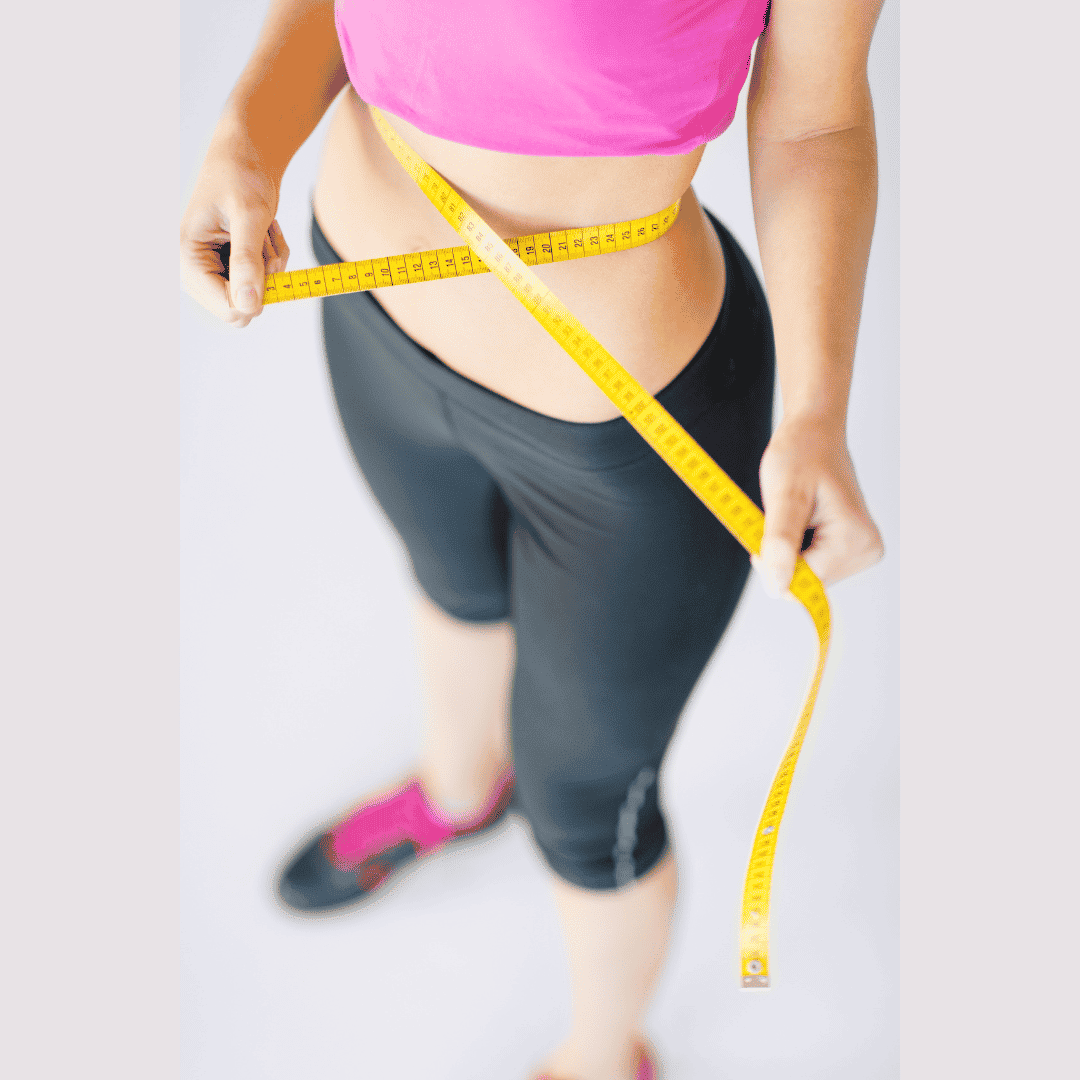

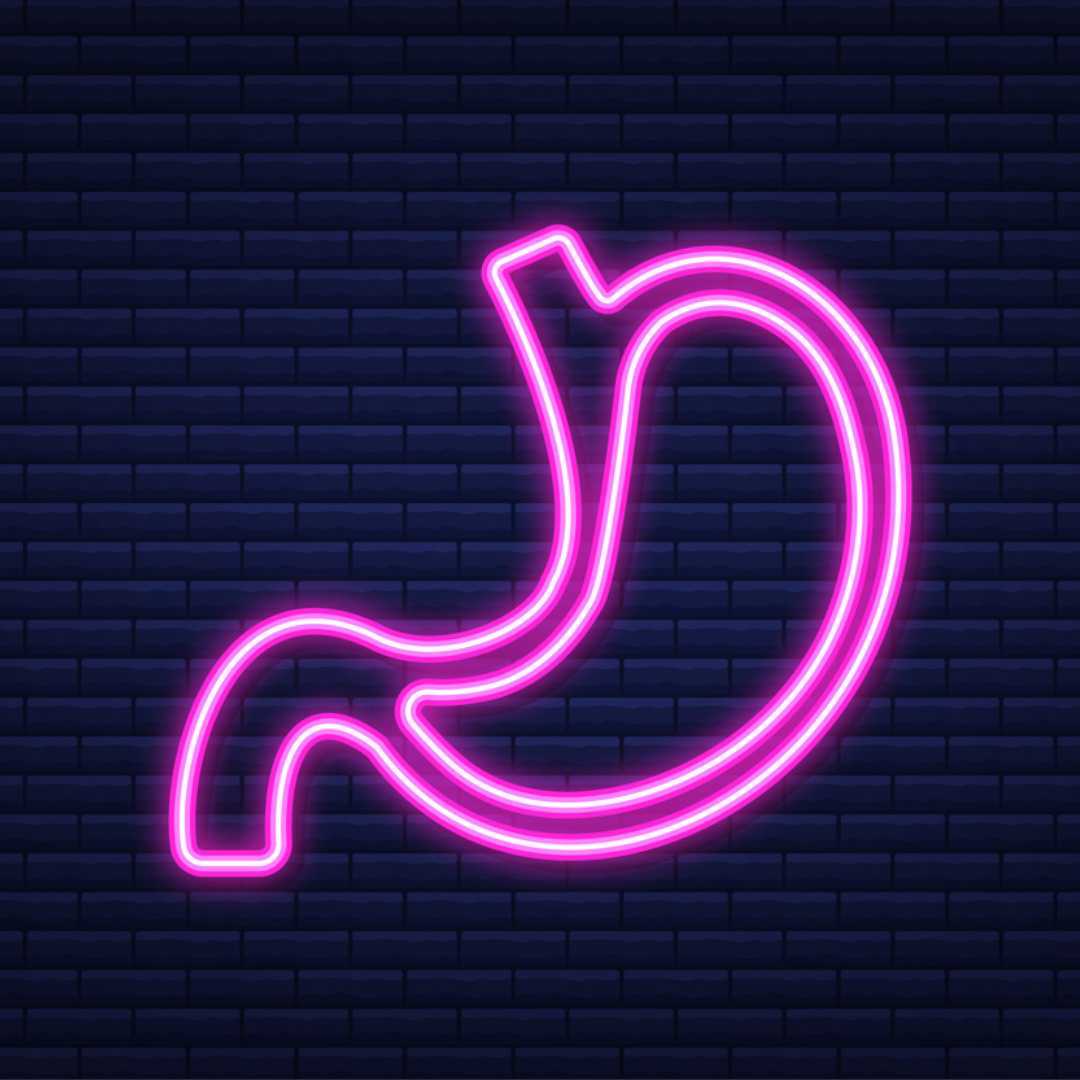


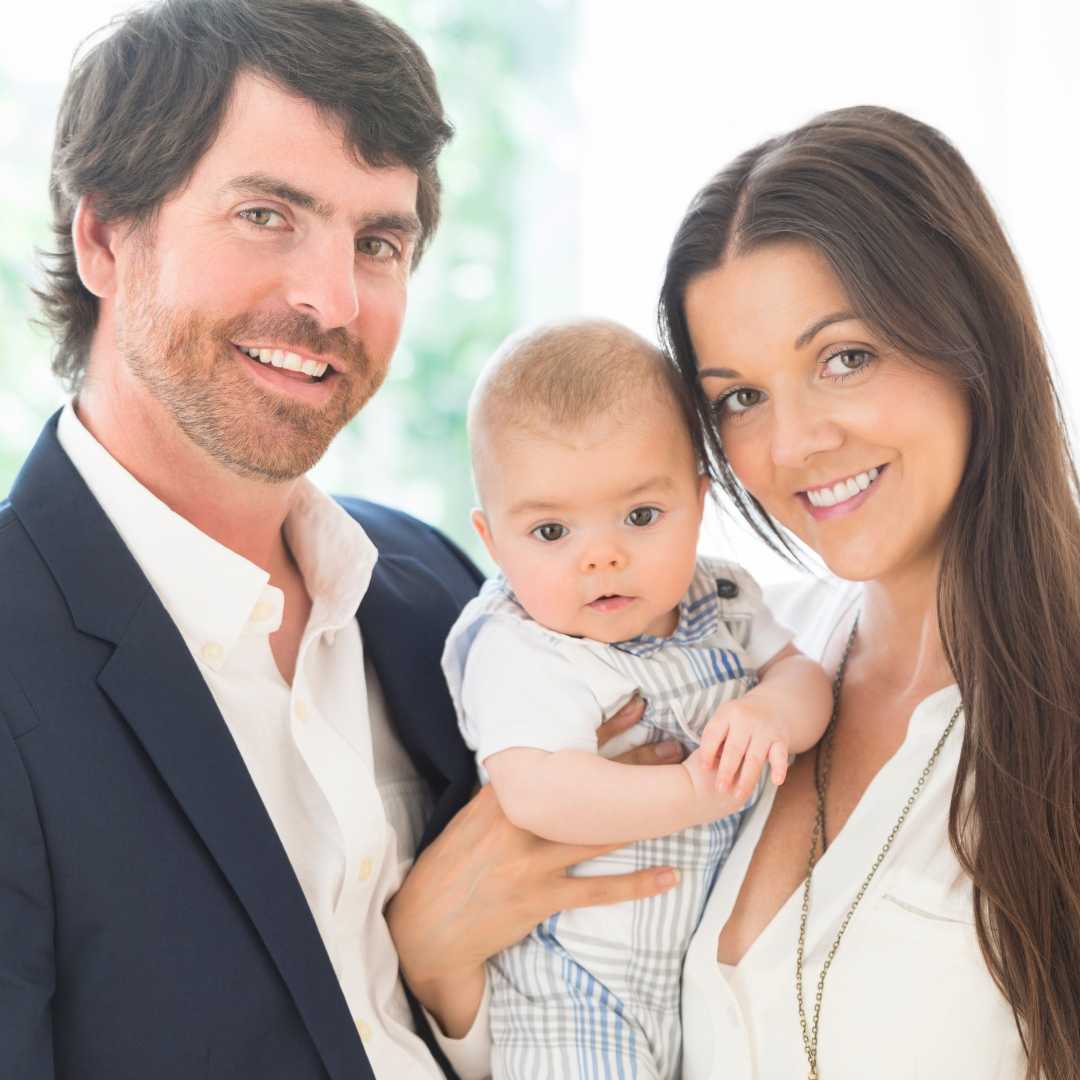
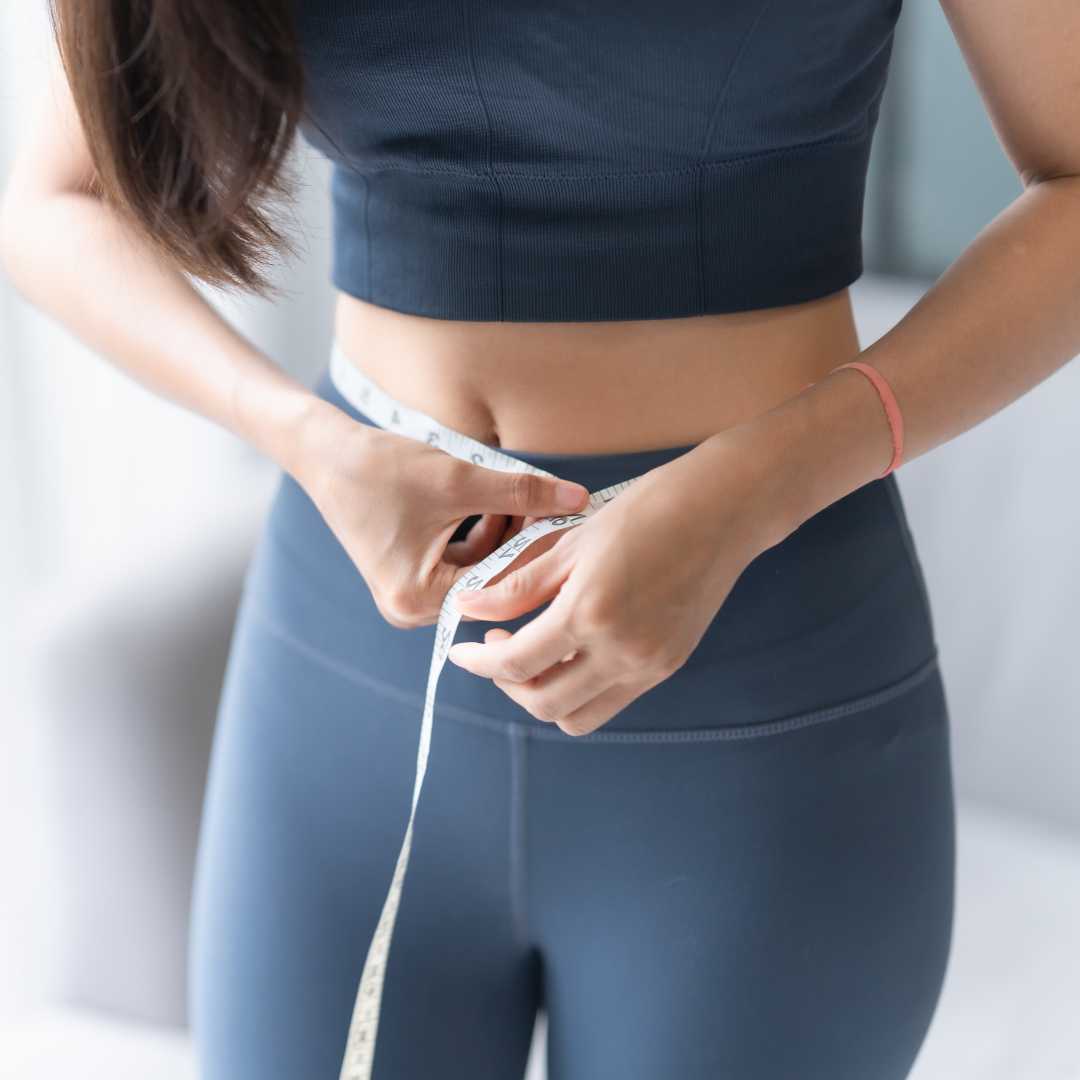
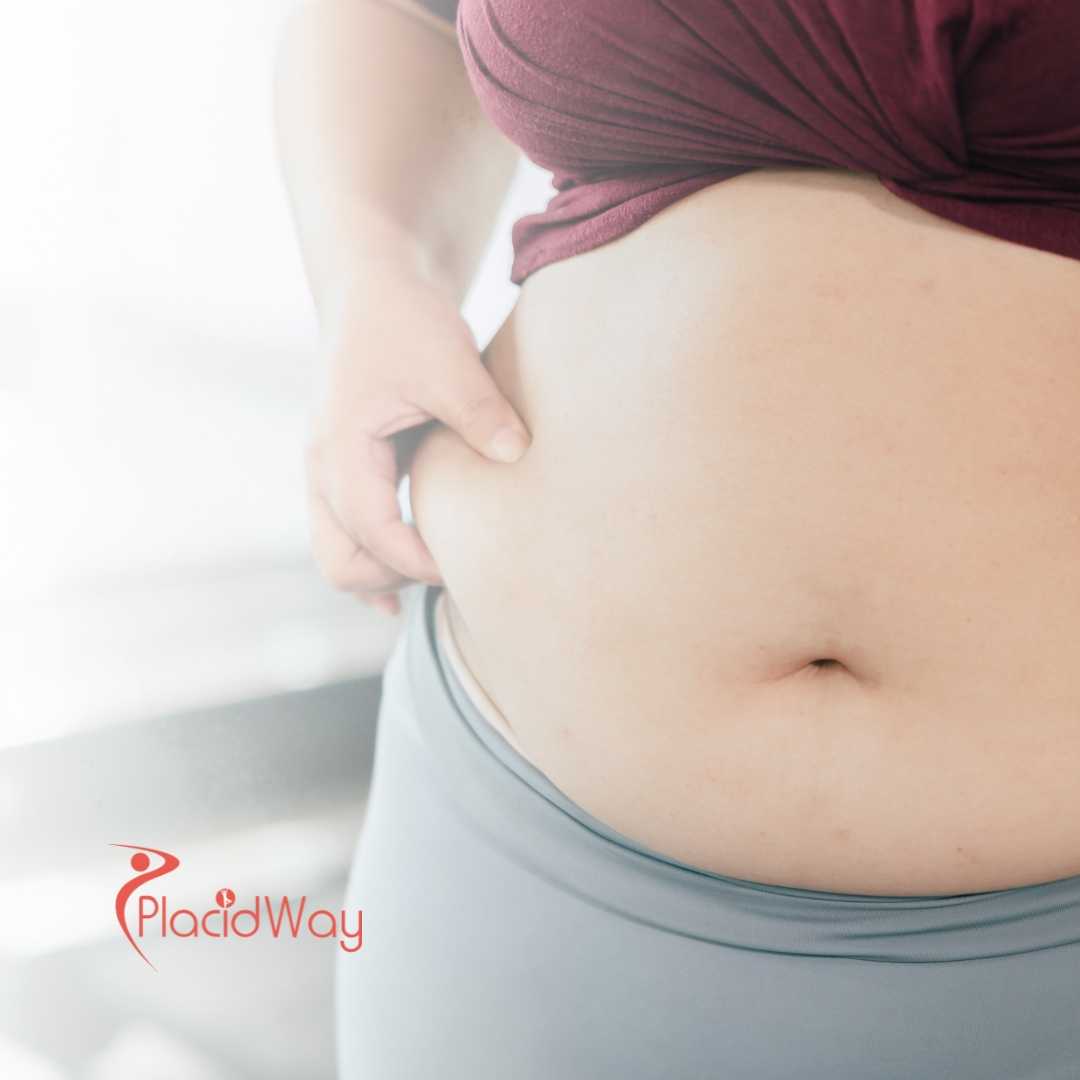
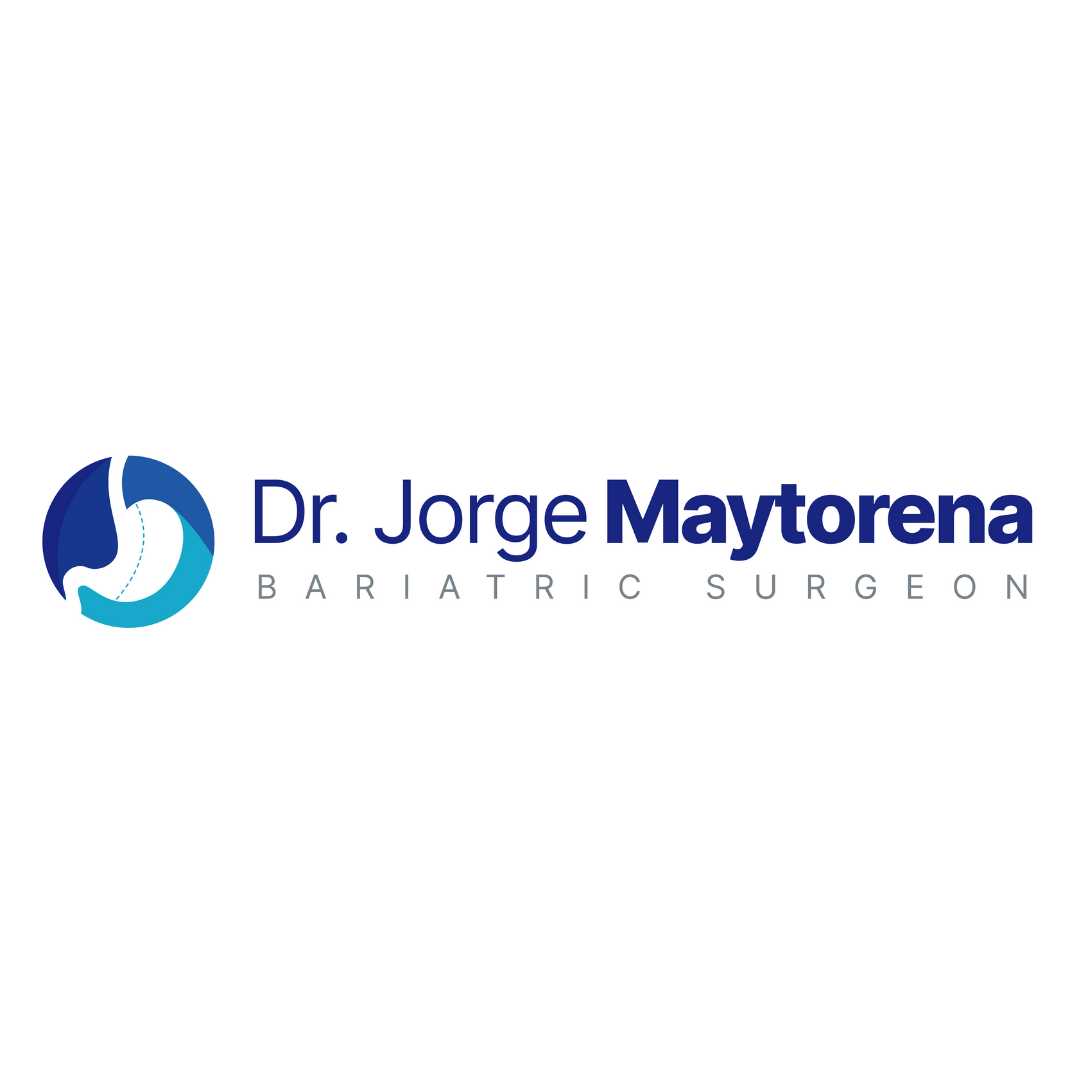
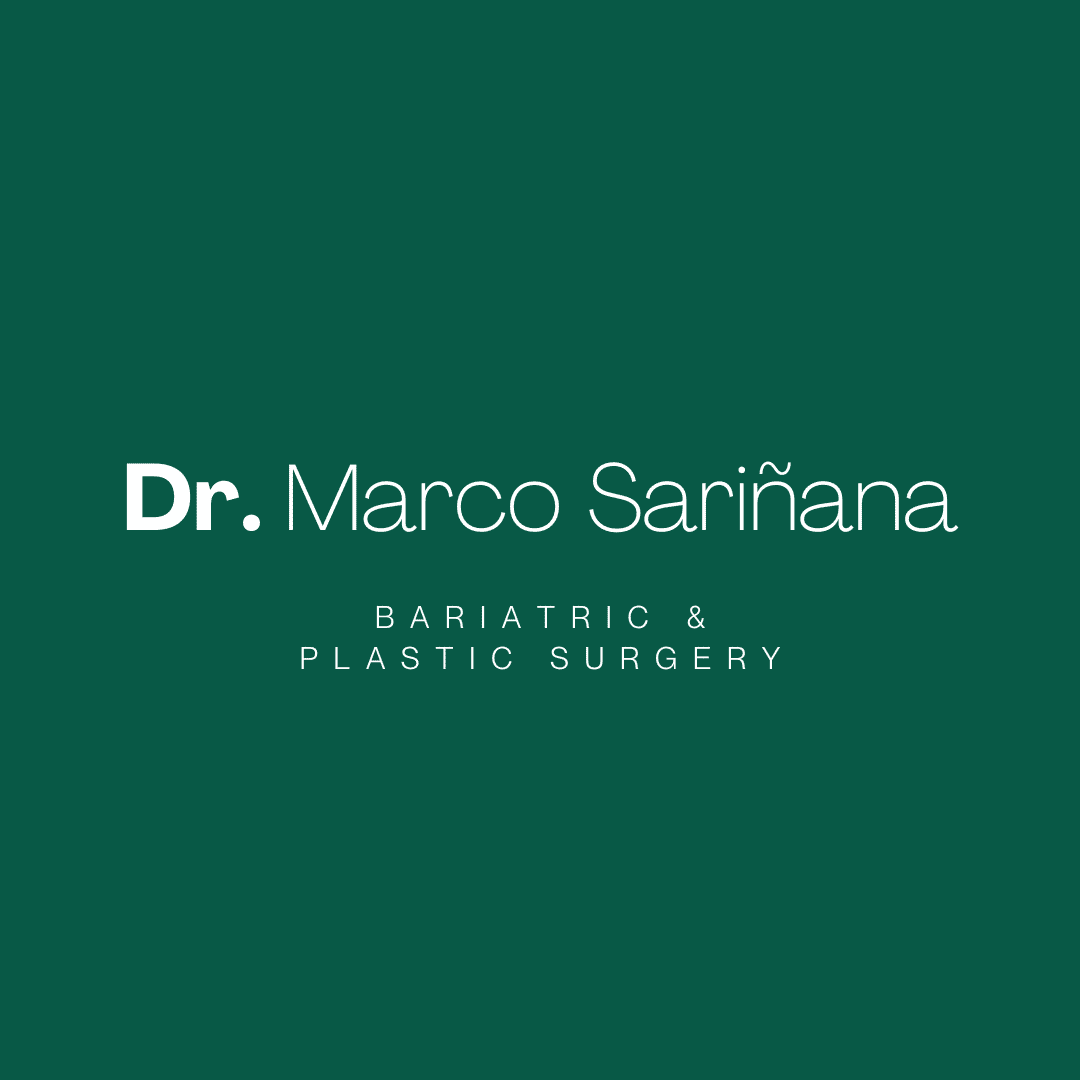
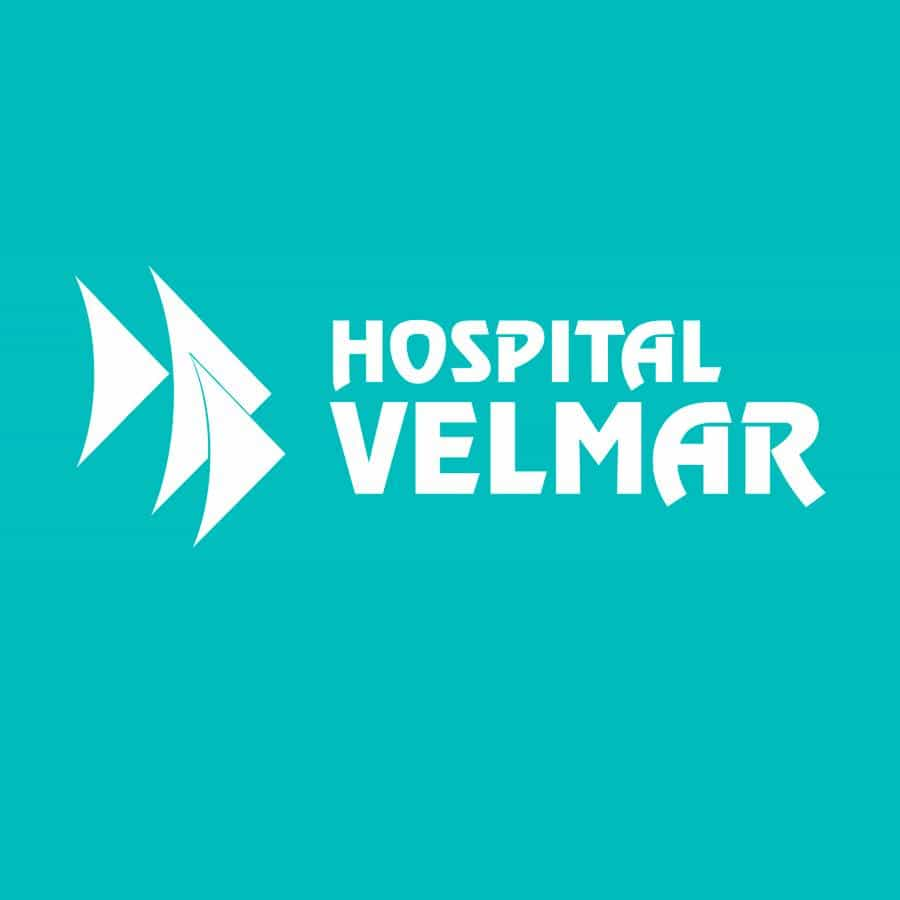

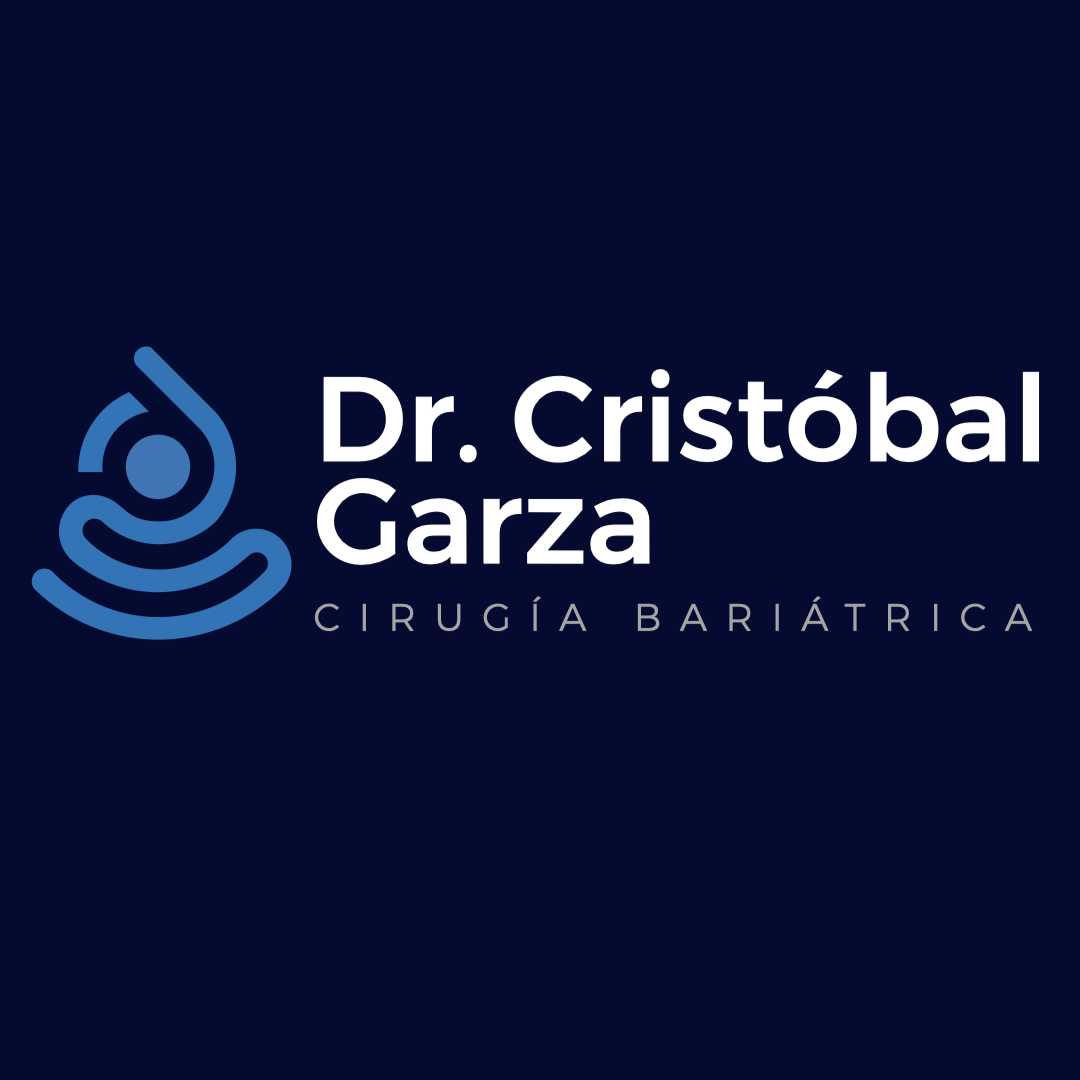

Share this listing